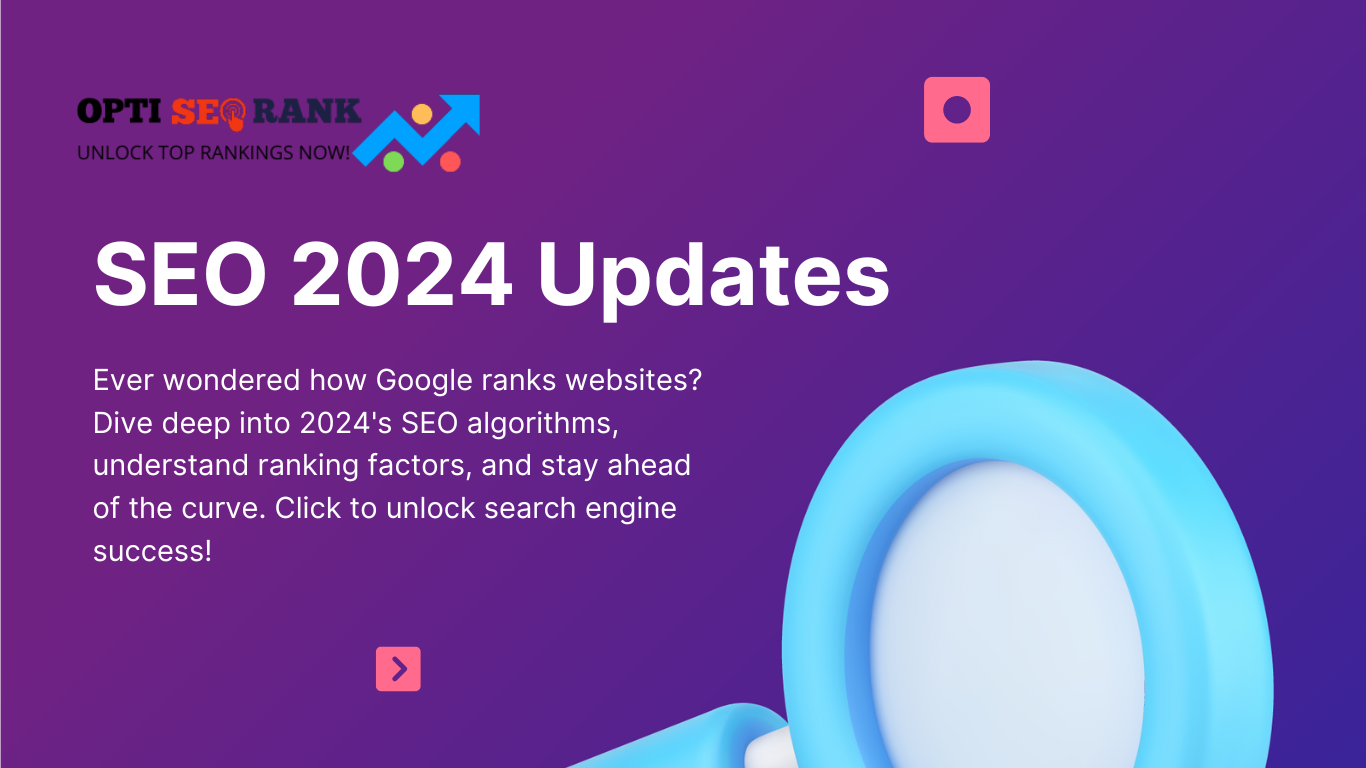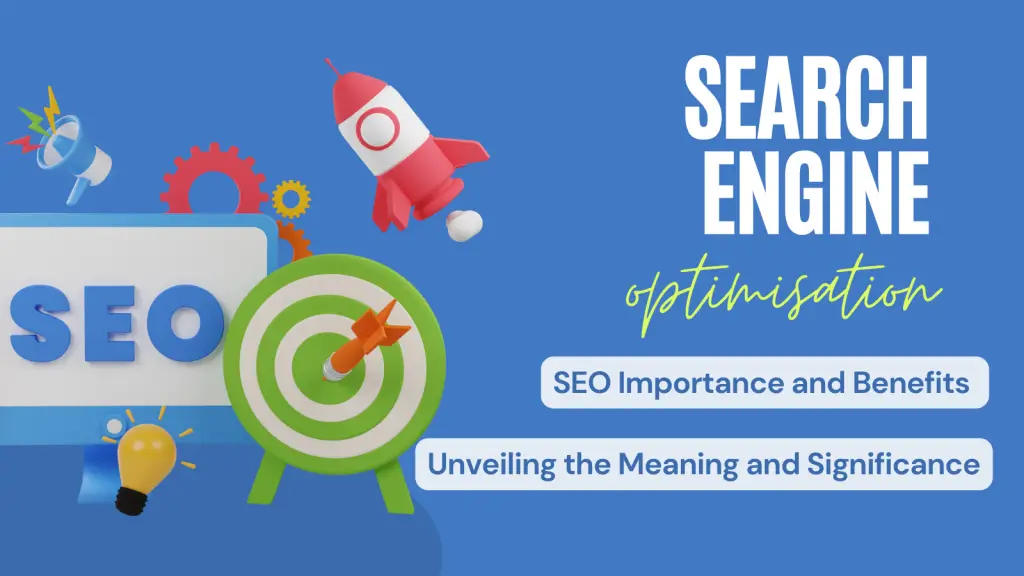Search engines in 2024 use advanced algorithms and AI to rank and index web content. They focus on relevance, quality, and user experience.
Search engines have evolved significantly by 2024, leveraging advanced algorithms and artificial intelligence to deliver more accurate results. They prioritize content relevance, quality, and user experience, making SEO more crucial than ever. Understanding these changes is vital for businesses and content creators aiming to improve their online visibility.
Search engines now analyze user intent and context more effectively, providing personalized search results. This evolution underscores the importance of high-quality, user-focused content. Staying updated with these advancements can help you stay competitive in the digital landscape.
Introduction To Modern Search Engines
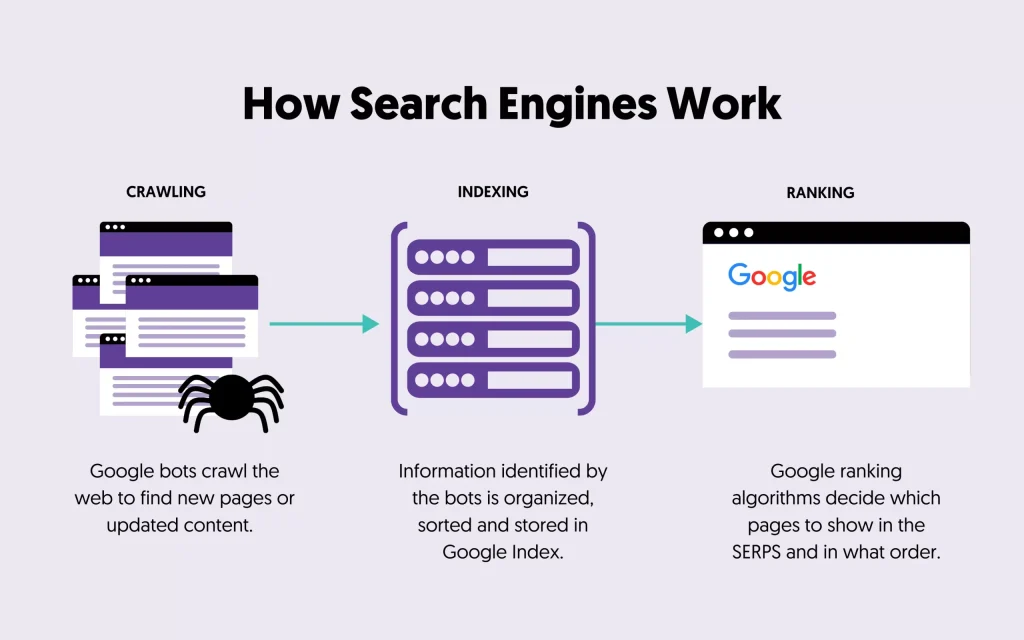
Search engines have changed a lot over the years. They have become smarter and more efficient. In 2024, they are more advanced than ever. Let’s explore how they work today.
Evolving Landscape
The landscape of search engines is always changing. New algorithms are constantly being developed. These improvements help deliver better and faster results.
Here are some key advancements in modern search engines:
- Machine Learning: Search engines use machine learning to understand user queries better.
- Natural Language Processing: They can now understand human language more naturally.
- Voice Search: Many users now search using their voice.
Importance In Daily Life
Search engines play a crucial role in our daily lives. They help us find information quickly and easily. We use them for various tasks every day.
Here are some ways search engines are important:
- Education: Students find resources and study materials online.
- Shopping: Users compare products and prices before buying.
- Entertainment: People search for movies, music, and games.
| Feature | Benefit |
| Fast Results | Information is available in seconds. |
| Accuracy | More accurate answers to queries. |
| Convenience | Search from anywhere at any time. |
Core Components
Understanding how search engines work involves knowing their core components. These components make sure users find relevant information quickly. Let’s dive into two of these key components: Crawling Mechanism and Indexing Process.
Crawling Mechanism
Search engines use a method called crawling to discover new web pages. Crawling is performed by automated bots known as spiders or crawlers. These bots start with a list of known URLs.
They visit each URL, reading the page’s content and following the links on it. This process continues, allowing the search engine to find and update new pages regularly. The goal is to cover as much of the web as possible. Without effective crawling, search engines can’t find new or updated pages.
Indexing Process
Once a page is crawled, it’s time for the indexing process. Indexing means storing and organizing the information found during crawling. This helps search engines respond quickly to search queries.
Imagine the search engine as a giant library. The indexing process is like organizing all the books and their content in a way that makes them easy to find. During this process, search engines analyze the content, including keywords, tags, and other metadata.
Indexed pages are then stored in a vast database. When users search for a term, the search engine looks through its index to find the most relevant pages. If a page isn’t indexed, it won’t appear in search results.
Understanding these core components helps us grasp how search engines deliver quick and accurate results. The crawling mechanism and indexing process work together to ensure users find the information they need.
Advanced Algorithms
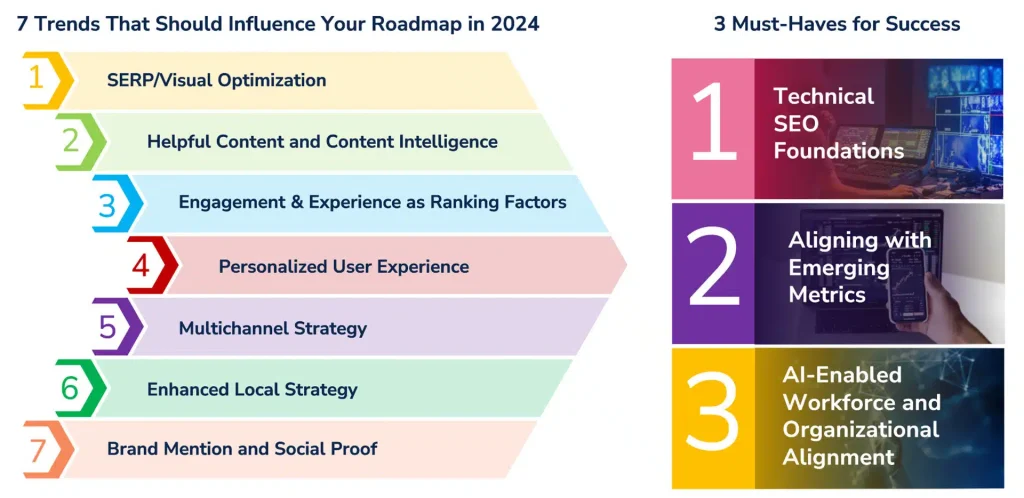
Search engines have evolved significantly. Advanced algorithms are now at the heart of these systems. In 2024, search engines use complex methods to deliver accurate results. These methods include machine learning and AI.
Machine Learning Integration
Machine learning helps search engines understand user behavior. It learns from past searches. The more you search, the smarter it gets. This means better search results over time.
Search engines use machine learning to sort and rank web pages. They look at many factors. These include keywords, user intent, and page quality. This results in more relevant content for users.
Ai In Search Queries
Artificial Intelligence (AI) plays a big role in search queries. AI can understand natural language. This means it can understand human-like questions. For example, you can ask, “What’s the weather like today?” The search engine will understand and provide accurate results.
AI also helps with voice search. More people use voice assistants like Siri and Alexa. AI ensures these voice queries return the right answers. This makes search engines more user-friendly.
| Technology | Function | Benefit |
| Machine Learning | Understanding user behavior | Better search results |
| AI | Understanding natural language | Accurate search queries |
User Experience
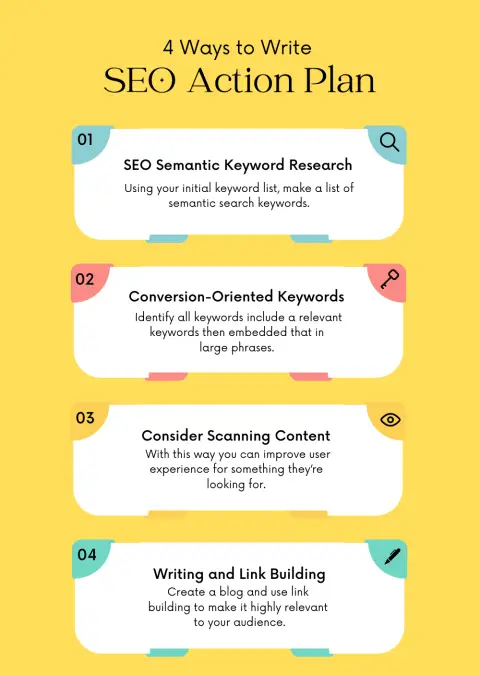
In 2024, user experience is more important than ever. Search engines focus on making searches easy and fast for users. They use advanced techniques to give the best results. Let’s explore two key areas: Personalization Techniques and Voice Search Evolution.
Personalization Techniques
Search engines use personalization to show content that matches user interests. They collect data from your browsing history, location, and preferences. This helps in providing more relevant search results.
Here are some key personalization techniques:
- Location-Based Results: Search engines use your location to show local results.
- Search History: Your past searches affect the results you see.
- User Preferences: If you often click on certain types of links, similar content appears more.
Voice Search Evolution
Voice search has grown rapidly. People now use their voices to find information.
Key advancements in voice search include:
- Natural Language Processing (NLP): This technology helps understand and process human speech.
- Contextual Understanding: Voice search can understand context better, giving more accurate answers.
- Multi-Language Support: Voice search now supports many languages, making it accessible globally.
These improvements make voice search fast and reliable. It provides a better user experience for everyone.
Seo In 2024
SEO in 2024 is more exciting than ever. The world of search engines has evolved. Understanding the latest strategies is key to success. In this section, we will explore the essentials of SEO in 2024.
Key Strategies
SEO is constantly changing. In 2024, there are new strategies you must know. Here are the top strategies:
- Voice Search Optimization: More people use voice search now. Optimize your content for voice queries.
- AI and Machine Learning: AI is now a core part of search engines. Use AI tools for better keyword research and content creation.
- Mobile-First Indexing: Mobile-first is crucial. Ensure your site is mobile-friendly.
- High-Quality Content: Content is still king. Focus on creating valuable and engaging content.
- User Experience (UX): UX impacts your ranking. Improve site speed, navigation, and overall experience.
Common Pitfalls
Avoiding common mistakes is essential for SEO success. Here are some pitfalls to watch out for:
- Keyword Stuffing: Overusing keywords can hurt your ranking. Use keywords naturally.
- Poor Mobile Experience: A bad mobile experience can lead to high bounce rates. Test your site on mobile devices.
- Ignoring Analytics: Analytics provide valuable insights. Use data to refine your strategy.
- Neglecting Local SEO: Local SEO is important. Optimize for local searches to reach nearby customers.
- Low-Quality Backlinks: Poor backlinks can harm your site. Focus on building high-quality backlinks.
| Strategy | Description |
| Voice Search Optimization | Optimize content for voice-based queries. |
| AI and Machine Learning | Leverage AI for better keyword research and content creation. |
| Mobile-First Indexing | Ensure your site is mobile-friendly. |
| High-Quality Content | Create valuable and engaging content. |
| User Experience (UX) | Enhance site speed and navigation. |
Security And Privacy
In 2024, security and privacy are top priorities for search engines. Users want to know their data is safe. Search engines have taken big steps to protect users.
Data Protection
Search engines use advanced methods to keep your data safe. They use encryption to protect your information. This means your data is scrambled and hard to read.
Here is a simple table to show the types of data protection:
| Method | Description |
| Encryption | Scrambles data to make it unreadable without a key |
| Two-Factor Authentication | Uses two steps to verify your identity |
| Regular Security Updates | Keeps systems up-to-date to prevent breaches |
These methods help ensure that your data stays secure. Encryption and two-factor authentication are key tools. Regular security updates also play a big role.
User Anonymity
User anonymity is another big focus in 2024. Search engines work to keep your identity private. They do not store personal information longer than needed.
- Incognito Mode: Browse without saving history.
- Data Minimization: Collect only what is necessary.
- Anonymized Data: Remove personal identifiers.
These steps make it hard to link searches back to you. Incognito mode and data minimization are crucial features. Anonymized data ensures privacy.
Overall, search engines in 2024 put a high value on security and privacy. They use advanced methods to keep user data safe and anonymous.
Future Trends
The digital world constantly evolves. Search engines must adapt to stay relevant. As we step into 2024, future trends promise to revolutionize search engines. Let’s explore these exciting advancements.
Quantum Computing
Quantum computing is set to change search engines. Traditional computers use bits, quantum computers use qubits. Qubits can process multiple possibilities at once. This speeds up search results and improves accuracy.
Search engines with quantum computing will handle vast data quickly. They will provide more accurate and personalized results. Users will enjoy faster and smarter searches.
Predictive Search
Predictive search is another game-changer. Search engines will guess what you need before you type. They will use your history and preferences to predict your search. This will save time and make searches more efficient.
Imagine typing less and finding more. Predictive search will make this possible. It will also enhance user experience by delivering relevant results instantly.
| Feature | Benefit |
| Quantum Computing | Faster and more accurate search results |
| Predictive Search | Efficient and personalized search experience |
The future of search engines looks bright with these trends. Quantum computing and predictive search will lead the way. Users will enjoy a smarter and faster search experience in 2024.
Frequently Asked Questions
What Is The Future Work Of Search Engine?
The future of search engines focuses on AI and machine learning for more personalized, accurate, and context-aware results. Voice search and visual search will also become more prevalent. Enhanced user experience and data privacy will be crucial.
How Do Search Engines Get Their Information?
Search engines gather information through web crawlers. These bots scan websites, index content, and follow links to discover new pages.
What Is The Oldest Search Engine Still Active?
The oldest search engine still active is WebCrawler, launched in 1994. It continues to provide search results today.
Is It Possible To Make Your Own Search Engine?
Yes, you can create your own search engine. Use open-source tools and programming skills to build and customize it.
Conclusion
Search engines in 2024 have evolved, offering smarter, more intuitive results. Understanding their mechanics can boost your online presence. Stay updated and adapt your strategies to remain competitive. Embrace new technologies and trends to optimize your content effectively. The future of search is here, and it’s more dynamic than ever.

